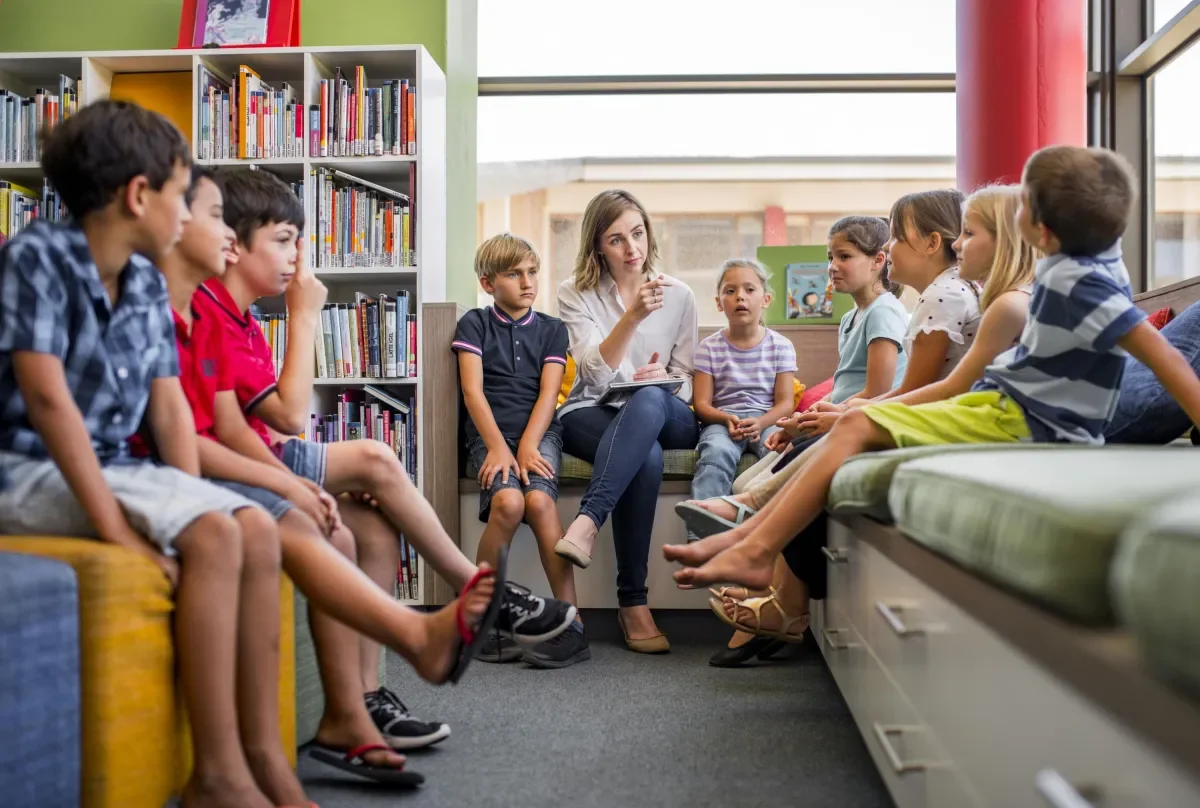

Conference at DCU tackles issues facing Roma children in schools
A conference aimed at tackling bullying and discrimination against Roma in schols across Europe took place earlier today. It was attended by academics, school staff, policy makers and members of the Roma community
Organised by Dublin City University, the event was supported by Dr. Niall Muldoon, Ombudsman for Children, who delivered a keynote address. Members of the Musicantia Culture and Educational Roma Centre and Jenny Liston and Gabi Muntean from the Pavee Point Traveller and Roma Centre, also contributed to open dialogue on the issues facing Roma children in schools today and empowering Roma in education.
The ‘Empowering Roma in Education’ conference is part of the EU-funded Breathe project led by Dr Mairéad Foody and Dr. Seffetullah Kuldas at DCU’s National Anti-Bullying Research and Resource Centre, in partnership with Musicantia (Ireland) and Kisa (Cyprus). The project is currently investigating the type and frequency of bullying that Roma children face in schools, with the aim of improving Roma children’s right to access and participation in education and ultimately reducing early school leaving.
Speaking about the project and the importance of today’s conference, Dr Mairéad Foody, said:
“At the Anti-bullying Research and Resource Centre, we know that bullying can happen when there is a lack of tolerance to diversity. This conference is about empowering all our children to engage with and pursue meaningful education, and about encouraging our school leaders, teachers and parents to celebrate diversity.”
Bianca Paun, member of the Roma Community and a Law graduate of Maynooth University, shared details of her educational experiences at the conference, from primary school to third level. Bianca, who is currently studying for her FE1 exams in the hope of becoming a human rights solicitor, spoke about the importance of teachers, schools and the significant role they play in young Roma children’s lives.
“My experience in primary school and throughout my life since then have been shaped by one person. This was a primary school teacher who believed in me and advised me when I needed it. She used to buy me books to help me learn English, among other languages, and encouraged me to read as much as possible so that my vocabulary could improve.”
“There are statistics which show a low number of Roma children continue on to secondary school, and even less to university. There are other ambitious Roma children out there, they just need to be influenced by teachers and looked after by the schools in order to pursue a career.”
Bianca emphasised the need for this support as early as possible:
“A push needs to be seen early in these children’s lives. By the time secondary school comes along, that's a bit too late. It has to be early and in primary school so that they can mentor these children, push and encourage them to continue their studies and show them that in order to have a good career and future, they need education.”
In opening his keynote address, Dr. Niall Muldoon, Ombudsman for Children, said:
“It’s so important to be having this conference talking about empowering Roma in education, that’s so crucial. It should be an open door. As a nation there shouldn’t be any issue about letting anyone into education and encouraging them to be involved with it.”
He also spoke about his ambitions and dreams of having a child-centred system over the coming years.
“We all know children and they grow in different directions. No child goes in one straight line all of the time, yet we’ve designed a system to be not relevant to where the children are - they don’t necessarily work in tandem or cooperate.
I’m hopeful that with the new department in place, we could have a child-centred system. You now have a minister for Children, Equality Disability, Integration and Youth, who's committed to ensuring that every child is equal, that they're included and there is no exclusion of anybody. The key thing here is that we put the best interests of the child, or in this case the best interests of the Roma child, at the centre of their decisions and how they run their system.”
The conference also featured musical performances from members of the Musicantia Culture and Educational Roma Centre in Dublin and contributions from Anna Orsos from the European Roma Rights Centre and Professor Colin Clark of University of the West of Scotland.
For information about the Breathe project visit breatheroma.com/
